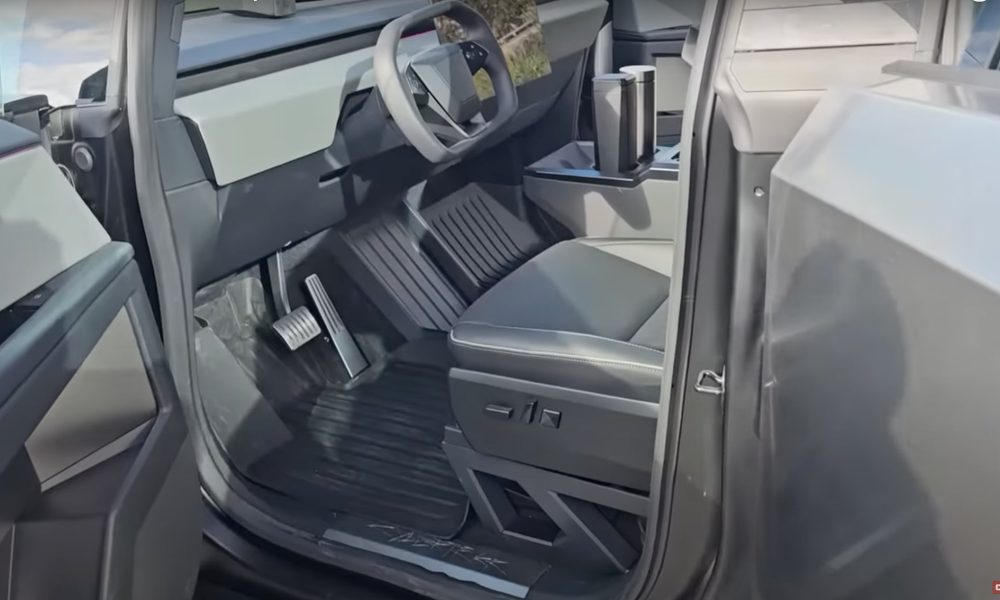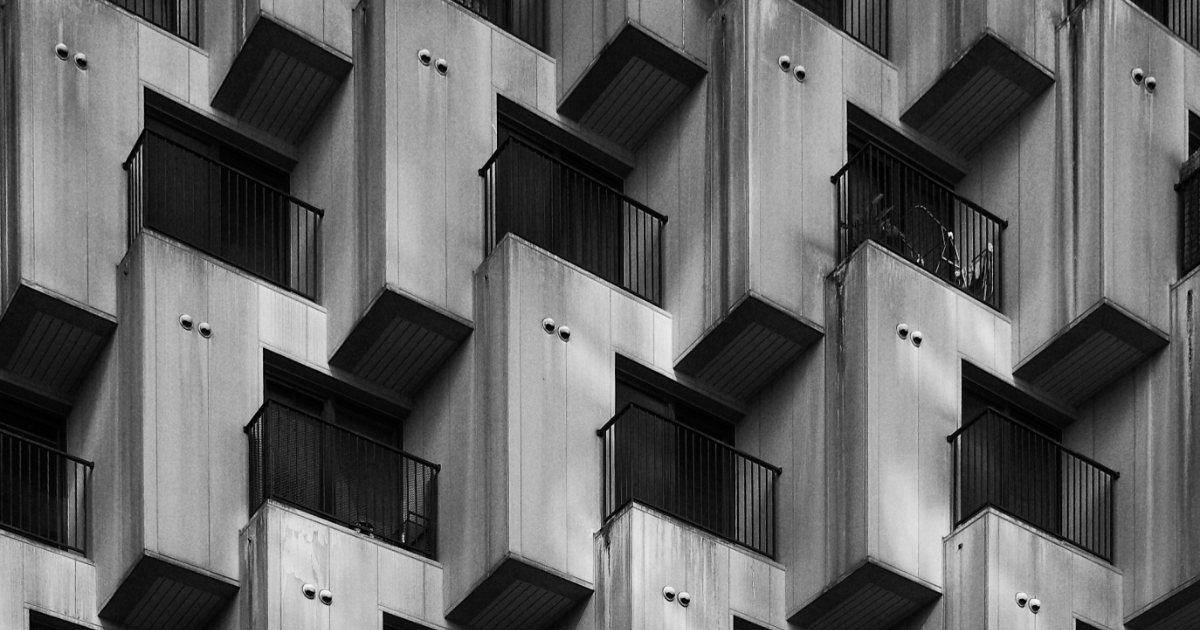The Dutch vehicle authority RDW responded to Tesla’s recent updates about its efforts to bring Full Self-Driving (Supervised) in Europe, confirming that February 2026 remains the target month for Tesla to demonstrate regulatory compliance.
While acknowledging the tentative schedule with Tesla, the regulator emphasized that safety, not public pressure, will decide whether FSD receives authorization for use in Europe.
RDW confirms 2026 target, warns Feb 2026 timeline is not guaranteed
In its response, which was posted on its official website, the RDW clarified that it does not disclose details about ongoing manufacturer applications due to competitive sensitivity. However, the agency confirmed that both parties have agreed on a February 2026 window during which Tesla is expected to show that FSD (Supervised) can meet required safety and compliance standards. Whether Tesla can satisfy those conditions within the timeline “remains to be seen,” RDW added.
RDW also directly addressed Tesla’s social media request encouraging drivers to contact the regulator to express support. While thanking those who already reached out, RDW asked the public to stop contacting them, noting these messages burden customer-service resources and have no influence on the approval process.
“In the message on X, Tesla calls on Tesla drivers to thank the RDW and to express their enthusiasm about this planning to us by contacting us. We thank everyone who has already done so, and would like to ask everyone not to contact us about this. It takes up unnecessary time for our customer service. Moreover, this will have no influence on whether or not the planning is met,” the RDW wrote.
The RDW shares insights on EU approval requirements
The RDW further outlined how new technology enters the European market when no existing legislation directly covers it. Under EU Regulation 2018/858, a manufacturer may seek an exemption for unregulated features such as advanced driver assistance systems. The process requires a Member State, in this case the Netherlands, to submit a formal request to the European Commission on the manufacturer’s behalf.
Approval then moves to a committee vote. A majority in favor would grant EU-wide authorization, allowing the technology across all Member States. If the vote fails, the exemption is valid only within the Netherlands, and individual countries must decide whether to accept it independently.
Before any exemption request can be filed, Tesla must complete a comprehensive type-approval process with the RDW, including controlled on-road testing. Provided that FSD Supervised passes these regulatory evaluations, the exemption could be submitted for broader EU consideration.










